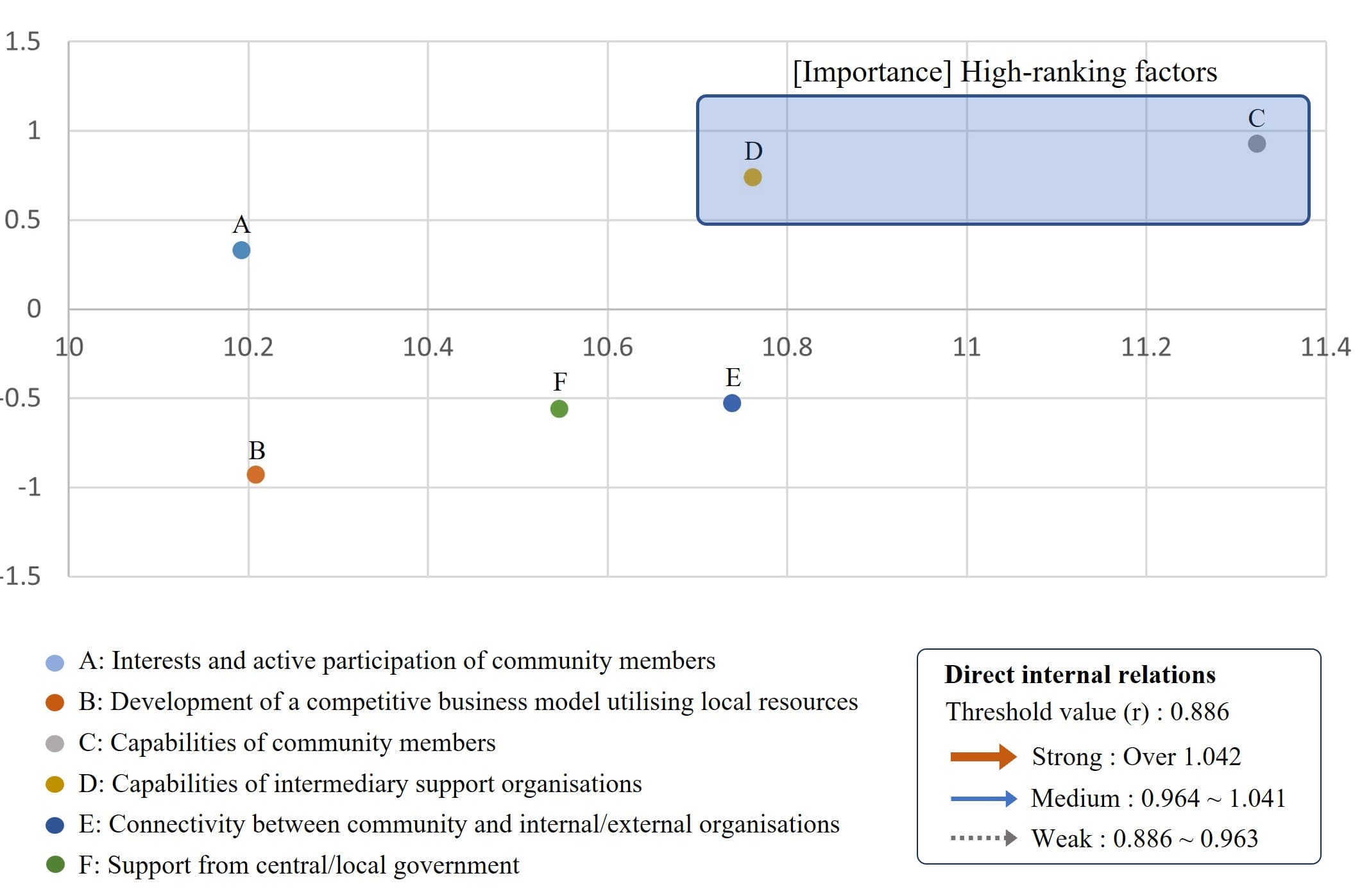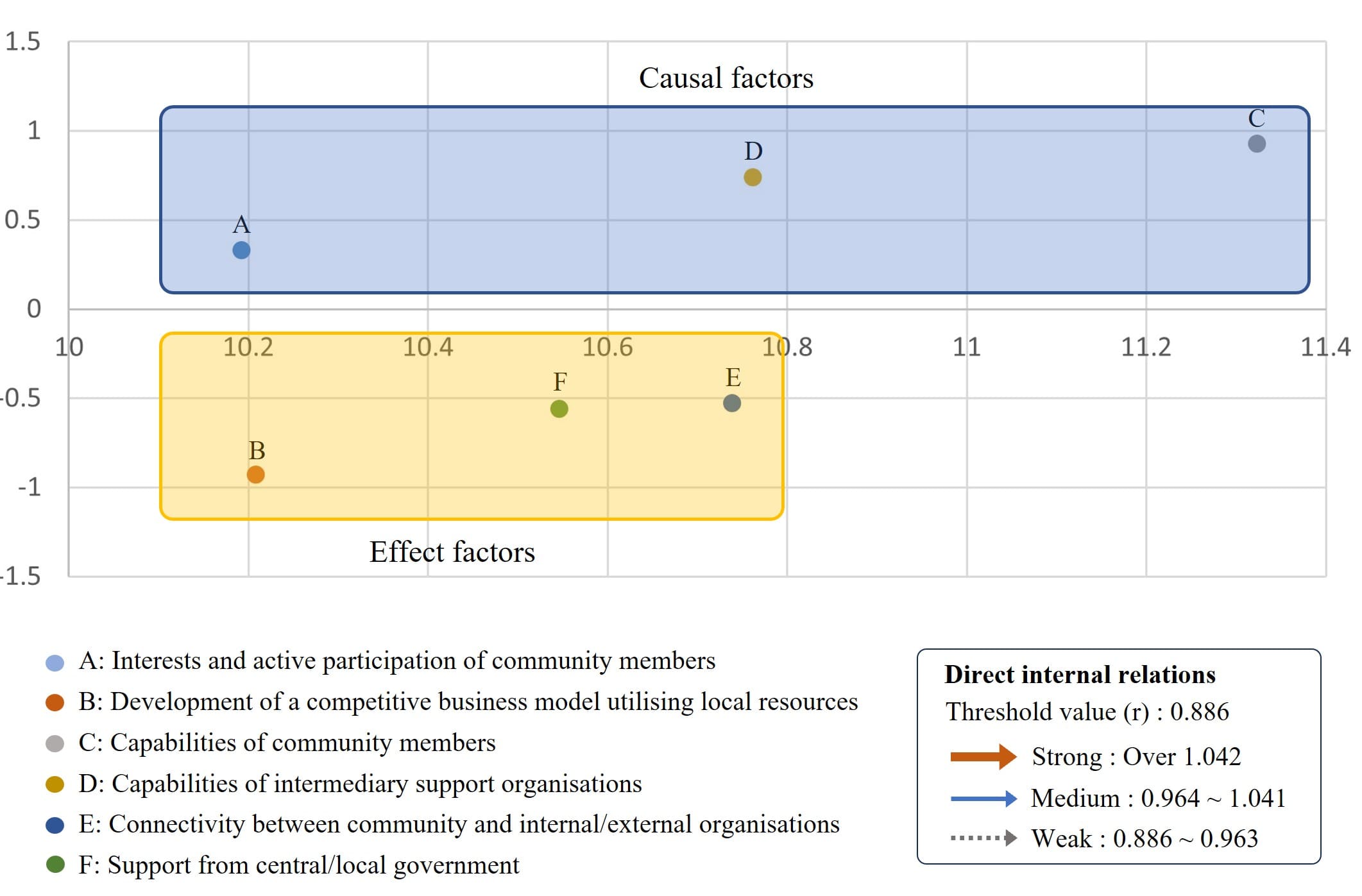Tourism and the Happiness of Local Residents: Clarifying the Relationship
Categories:
Overview
This study explores community-based tourism (CBT) through the lens of social psychology, placing local residents’ identity and psychological well-being at its core
Community-based tourism (CBT) is an initiative where residents take the lead and offer tourists tourism experience based on community resources, such as the local history and community culture, industry, and way of community life. Unlike mass tourism, it plays an important role in community revitalization.
There has been much research that focuses mainly on the economic effects of CBT. Little reserach has been done on the psychological impact of CBT in the community.
This study investigates the effect of CBT on the identity construction of residents and on the sense of psychological well-being from the social psychologcal perspective. Field studies were conducted in local communities in Japan (Beppu, Hiji, Usuki, Kunisaki, etc.) and South Korea. Through the in-depth interviews and structured questionnaire, this study empirically investigates how participating in CBT affects residents’identity construction and psychological wellbeing. Based on identity process theory, this study examines how CBT fosters the four elements of motivations that construct the identity of residents who participated in CBT and lead to their sense of well-being.

This study analyzes how community-based tourism (CBT) connects with the four key elements that shape residents’ identity and contributes to their sense of psychological well-being.
Novelty/Originality
Can tourism contribute to the happiness of local residents? Exploring new frontiers in tourism research through the lens of psychology
The significance of this study is analyzing tourism phenomena through social psychology theories and methods. While tourism research has extensively explored CBT, there is a scarcity of research applying social psychological theories.
The main focus is the application of identity process theory from social psychology to tourism research. This approach enables analysis from a micro level of identity, emphasizing individual changes over community changes, Additionally, this study emphasizes the participants’ sense of psychological well-being and identity construction that is vital for sustainable community development.
Furthermore, this study aims to identify cultural differences and common elements by comparing CBT initiatives in different cultural backgrounds, such as in Japan and South Korea. This study reveals that CBT in the South Korean context tends to be more business oriented, while CBT in the Japan context tends to focuses more on the unity of communities.
This study employs a mixed method approach which combines qualitative interviews and quantiative questionnaires to identify the psychological effect of CBT.
Analysis of Factors Affecting the Sustainability of CBT


Using a DEMATEL method, this study identifies the cause–effect relationship among key components that operate CBT initiatives. Additionally, this study highlights the importance of developing a community capacity program for a sustainable CBT.
Related Research
On being community members: exploring psychological mechanisms of community identity construction through Community-Based Tourism
Principal Investigator

Ritsumeikan Asia Pacific University
You can view and print a summary of this page's contents in a single PDF page here.







As a researcher specializing in psychology and tourism, my work focuses on how tourism shapes community identity and resident well-being. During my research in Japan, I observed that while economic impacts and social change are frequently discussed, there is a noticeable lack of attention to the psychological effects of tourism on residents.
I believe tourism should not be viewed solely through an economic lens, but also as a means of enhancing the psychological well-being and happiness of communities. Can participation in tourism development instill a sense of pride or fulfillment among residents? My current study seeks to explore these questions.
In this context, a promising collaboration is emerging that leverages the multicultural environment of Ritsumeikan Asia Pacific University (APU). The Kannawa Mushi Tourism project, based in the historic Kannawa Onsen area of Beppu, has created numerous joyful interactions between residents and APU’s international students.
Although tourism is often equated with business, I argue that its primary purpose should be to contribute to the happiness of all stakeholders. Through this research, I hope to encourage broader recognition of tourism as a force that connects to everyday life, emotional well-being, and communal happiness.
Ritsumeikan Asia Pacific University Faculty Information
researchmap